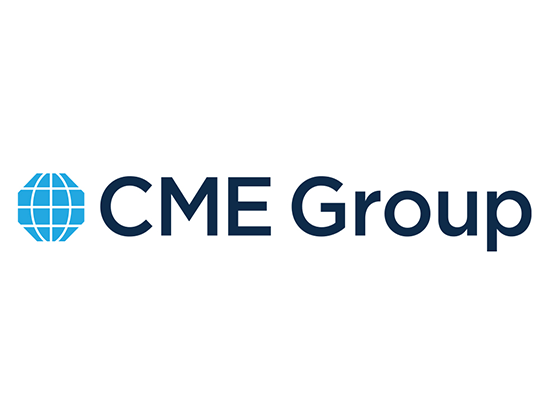Hybrid cloud architecture is a form of cloud computing combining on premise resources with single-tenant private cloud access and connectivity to the public cloud while allowing these different environments to function as one.
Benefits of a Hybrid Cloud Environment
Adopting a hybrid cloud strategy allows you to combine multiple systems into a single hybrid cloud solution. This allows the users seamless transitions between on premise private cloud resources and public cloud services.
Due to the flexibility of hybrid cloud infrastructure, any combination of private cloud infrastructure and public cloud infrastructure can be accommodated. The hybrid cloud configuration can be tailored to your requirements and scaled as your needs change.
Below are the major hybrid cloud benefits for the financial services industry:
Capital Markets Application
In a financial context where secure, private connections are king and keeping a secure private computing environment is imperative. Trading organisations might keep sensitive data like voice recordings on premise while effecting trades on a private network and carrying out analysis in the public cloud environment. Hybrid clouds facilitate the unification of these disparate systems into a single cohesive platform.
An example of hybrid cloud financial services would be where financial applications, trade and market data are kept on the private cloud, whilst information processing can take place on the public cloud without the data having to leave the private cloud.
A Single, Dynamic Environment
Office and enterprise functionality such as Office 365, Oracle HR, Salesforce and Xero can reside on hyperscale public cloud providers’ networks such as Azure, Oracle, Google or AWS.
From a user’s perspective, they are interfacing with a single environment, while the hybrid cloud network architecture underpinning it all is knitting multiple environments together.
Hybrid cloud environments allow for increased flexibility as processes can be moved dynamically across environments according to cost, performance, and security needs.
Hybrid cloud computing combines private and public cloud environments in this way to deliver a flexible and scalable solution that accommodates resource and financial constraints.
Private and Secure Connectivity
Capital markets operate in the world’s highest grade data centres, which do not have any public internet access. This ensures privacy and security for the most sensitive and mission critical data.
To obtain purely private transits, hybrid cloud architecture bypasses the internet using ethernet fabric switching solutions. This enables connectivity directly to public cloud networks and service providers without touching the internet.
You don’t lose the security of having your resources protected in private cloud environments when you opt for the flexible & scalable hybrid cloud computing alternative.
Proximity Driven Performance
Hybrid cloud architecture enhances performance by locating networks close together. Information transfers immediately and securely between environments.
Cloud Migration
As financial institutions’ cloud requirements differ and the migration to ‘cloud first’ environments moves at vastly different paces across the industry, hybrid cloud architecture offers a strategic and flexible approach to digital transformation.
For example, businesses can continue to operate their existing legacy workloads on premise while utilising a private or public cloud environment for new workloads.
IT costs can be saved by taking advantage of shared cloud resources across public and private clouds rather than investing in further proprietary capacity. Also, Infrastructure as a Service (IaaS) subscription models associated with private and public cloud provision can help to transform CapEx spend into OpEx.
Migrating to hybrid architecture and hybrid cloud storage can also be a useful step in migrating legacy environments.
Contact us to find out how our hybrid cloud architecture approach can help you merge public cloud and private cloud services to enhance your business operations.
Beeks Hybrid Cloud Solutions
Beeks provides managed private & public clouds, hybrid clouds, and our exclusive Proximity Cloud and Exchange Cloud solutions built specifically for financial services.
As specialists in the technical infrastructure underpinning capital markets trading, Beeks Group is highly experienced and knowledgeable about all the different permutations of private, public and hybrid cloud capabilities and how far these are suitable for the needs of financial institutions wanting to compete in global capital markets.
Whilst Beeks recognises the cost effective value of public cloud shared resources offering businesses cost effective services, we also recommend a ‘horses for courses’ approach. This means ensuring that our customers align the importance of their workload with the relevant solution. The flexibility of the Beeks Hybrid Cloud architecture offers choice without compromising security, privacy or performance.
Our Global Footprint
We offer secure, high performance, guaranteed hybrid cloud infrastructure using private and public clouds all around the globe and can accommodate exclusive, single-tenant security requirements, as well as replication of hosting.
With Beeks’ global data centre network spanning major financial hubs around the world, you can leverage our connectivity services to keep your hybrid cloud architecture optimised while getting the global reach you need to grow.
Take your business to the next level with hybrid cloud architecture. Get connected to Beeks’ Hybrid Cloud solutions today.
| hello@beeksgroup.com

